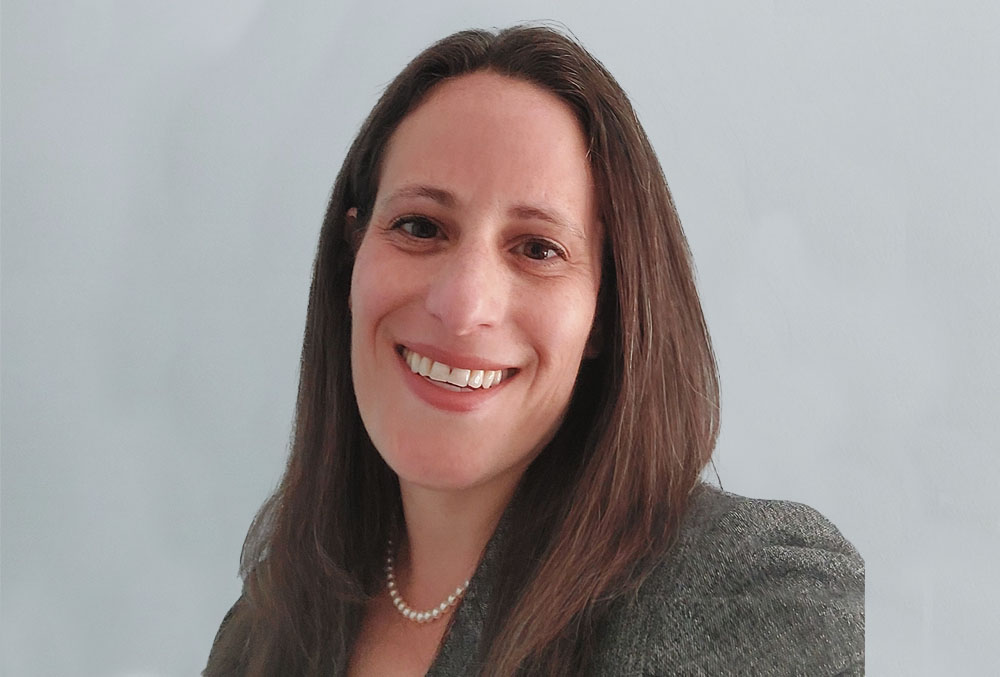
Tallying Girl Scout cookie totals for her Washington, D.C.-area region, volunteer Hillary Tabor proudly shares that the group sold 27,699 packages this spring.
“It keeps the girls busy and provides them with the opportunity to earn the money they will spend as a troop. They control what they’ll be able to do as a troop, so it teaches them some incredible values,” said Tabor (formerly Ross).
Tabor knows a thing or two about budget priorities. Her day job involves analyzing budget policy for the U.S. Department of Education’s Office of Planning, Evaluation, and Policy Development. She focuses on special education, rehabilitation services, and disability policy.
“Right now, we’re working on potential regulations under the Randolph-Sheppard Act, which gives vendors who are blind a priority status in competing for vending facilities on federal property,” she said. “The last update was in the 1970s, and the new language will alleviate ambiguity that was leading to inconsistent application.”
Tabor has been at the Education Department for about 15 years, since graduating from the University of Minnesota Law School. She also earned a master’s degree in Educational Policy and Administration at the College of Education and Human Development, and completed a certificate in Disability Policy and Services at the Institute on Community Integration in 2008.
Combining the law degree with the policy work was ambitious, and made Tabor stand out, ICI Director Amy Hewitt said.
“The specialization in disability was incredibly important in helping me understand more about the policy levers and how they fit together,” Tabor said. “I had taught in special education classrooms before law school, but the master’s and certificate programs helped me bring the pieces together to understand how people will be affected by policies.”
They also helped connect her to people who would become mentors and employers. Her instructors, including Hewitt, often brought in guest speakers from the disability field.
“I ended up getting an internship at the Department of Health through one of those speakers,” she said. “Then, a few years ago, while I was delivering the opening plenary speech at a conference on dispute resolution under the IDEA, one of those speakers was actually in the audience and I had the opportunity to publicly thank her for influencing my career path.”
Today, Tabor works with Congressional leaders and staff members on a variety of regulatory and policy issues.
“We have some incredible disability advocates on the Hill on both sides of the aisle,” she said. “Special education tends to be an area where most everyone agrees we need to be supportive and not create barriers to school and employment. It’s one of those bright lights that, when you look around at what else is happening on the Hill today, stands out as an area of collaboration. It really helps remind me that there is still a lot of good going on.”
In addition to her current role, Tabor spent several years in the Office of Special Education Programs, where she led dispute resolution activities. She still often reflects on those early experiences when she got to listen directly to people working in the disability field.
“Without that first-hand experience, I wouldn’t have had the opportunities to meet people in the disability community and become involved early on,” Tabor said. “Those experiences made my work so much more meaningful.”



